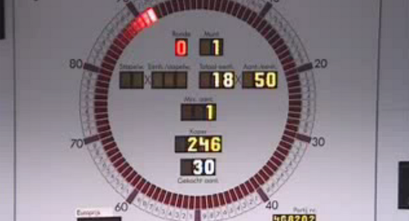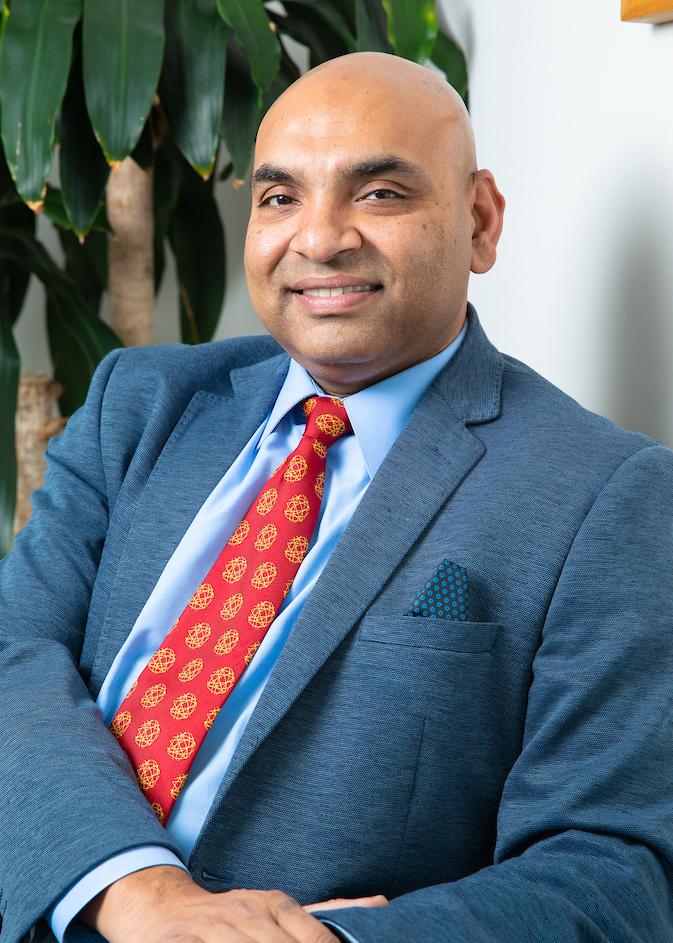
Creating Time through Analytics
Author and entrepreneur Jim Rohn claimed, "Time is more valuable than money. You can get more money, but you cannot get more time." A few decades earlier, inventor Thomas Edison said, "Time is really the only capital that any human being has, and the only thing he can't afford to lose." And nearly a century before Edison’s birth, Benjamin Franklin declared, “Time is money.” A phrase still repeated today.
Nuances may differentiate these three thoughts, but they all speak to the tremendous value of time, and what can be done with it. Professor Alok Gupta has thought a lot about this topic. He and several co-authors have published research that would surely interest Franklin, Edison, and anyone else interested in the value of time in business and economics.
Dutch flower auctions -- the subject of Gupta’s research -- may seem an unlikely place to study time through analytics. But the bidding mechanisms that facilitate 60% of the world’s flower trade provided the researchers with a rich setting for study and experimentation. Flora Holland conducts 120,000 transactions daily, totaling more than €4 billion in annual revenue. Flowers are auctioned using a unique “backwards clock” that starts with a high price and quickly “ticks down” counterclockwise, lowering the price as buyers watch. When ready, buyers enter a bid that “stops the clock” in order to win the right to purchase at that price. The process continues this way until all the units are sold, or the price goes below the reserve value set by the auctioneer.
The overall time window for daily auctions is limited due to logistical constraints involved in maintaining a perishable product like fresh flowers. Because of this and the fact that the auction house makes money on transactions, Flora Holland’s aim is to maximize throughput within the time window. In other words, time literally is money for them--a view that informed several research questions for Gupta and his coauthors.
Using analytics, econometrics, and field experiments, the researchers found several ways to “create time.” For example, they found that hiding the identity of winning bidders led to an overall increase in bid amounts. Because bid prices are tied to the “backwards clock,” higher bids means faster auctions. That saved time can be used for additional auctions and transactions that generate revenue.
The work of Gupta and his colleagues shows how advanced analytics can yield insights into human behavior and the underlying mechanisms of complex systems. This in turn makes designing more optimized processes possible. The researchers didn’t extend the overall window for auctions, but using insights derived from analytics and experiments, they found effective ways to “create time” in a marketplace that depends on it.
Impact
This work has had a direct impact on the Dutch flower auctions that inspired the research. Adopting the findings on bidder identities, Flora Holland changed their bidding process permanently.
Methods & Tools
Econometrics, field experiments, mechanism design

